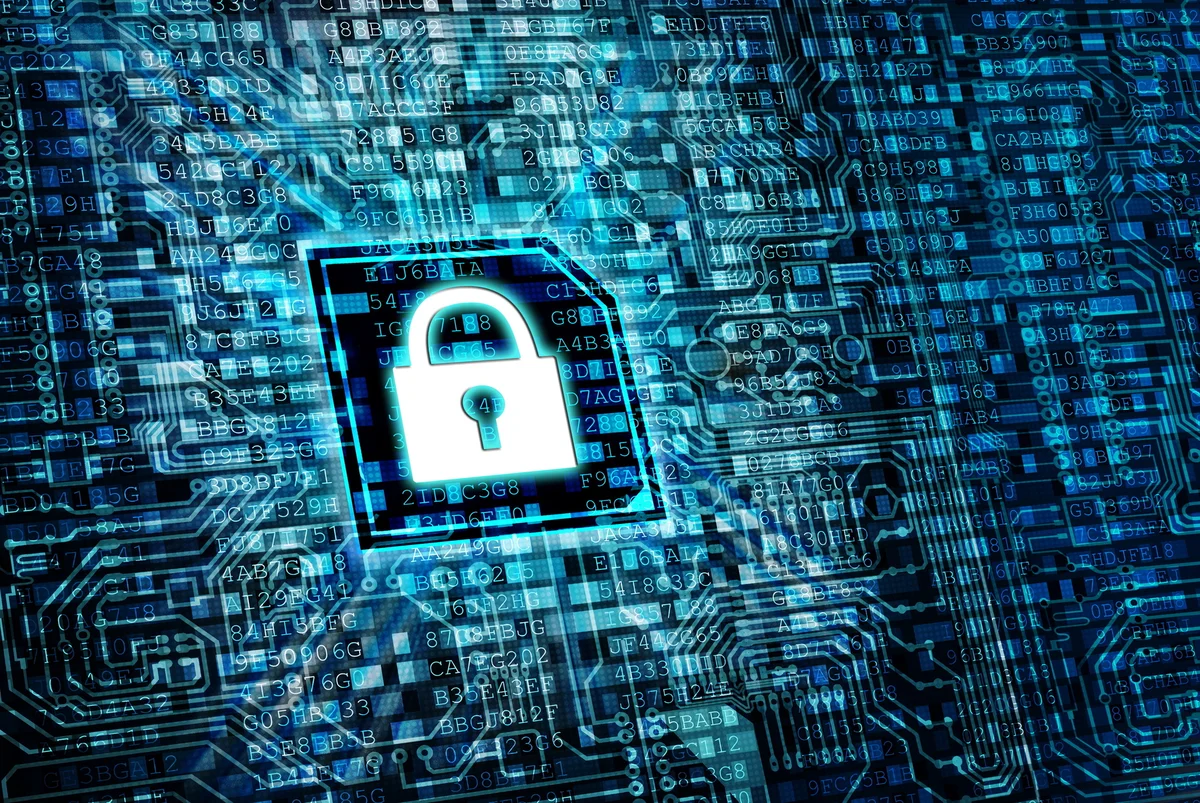Types of Cyber Security
The entire world has gone digital. 89% of households have either a desktop or laptop. However, only 77% of people take cyber security protection seriously. It’s crucial to stay on top of your cyber security to protect yourself from potential threats.
Hackers can steal sensitive information such as bank account info, passwords, and physical addresses. They can take all of this information from multiple platforms, so it’s essential to stay knowledgeable about what you do online. There are various ways to protect yourself from cyber threats.
App Security
Your phone is probably home to dozens of applications. Each application holds its specific terms and condition, security, permissions, and data storage. Some applications continue to run even when not open.
It’s important to keep your permissions limited, only allow an application to run when open, and set up two-factor authentication. Hackers attempt to go through apps when you enter sensitive information on your phone, like your bank account. And you won’t even notice the threat until it is too late.
Phishing Attacks
A phishing attempt tricks users into clicking on a dangerous link or trying to obtain sensitive information. We have all received suspicious voicemails, texts, and emails, sometimes daily. Many security software prevents callers from reaching you and sends them directly to voicemail.
The same goes for text messages. Many phone companies warn you of a potential threat before reading a text message. Lastly, email systems often send phishing emails directly to spam. Be sure to buy from a company that offers security services on your phone and email service that offers spam protection. It is the best way to prevent a phishing attack.
Anti-Virus
Every computer, tablet, and cellular device should acquire antivirus. The programs attempt to catch viruses and harmful malware. Viruses and malware can damage the entirety of the device, making it inoperable. They also stop hacking attempts in the system.
Hackers try to steal valuable information to sell to third parties. If you automatically log in to programs such as bank accounts, hackers can take your information and lock you out of your computer. Antiviruses help protect you against such attempts.
White Hat Hackers
You may need to hire an experienced hacker to help with security. White hat hackers provide you with insights into weaknesses in software or any security threats. They attempt to hack into your system and provide you with information about faulty programs. This is called Penetration Testing, and many companies offer their services to protect you and your business. Penetration testing pricing is affordable and worth the effort to find the best ways to protect your system from dangerous hackers.
Consider Cyber Security
Even if you do not experience a hack, virus, or malware – you must understand your rights. Many companies take your data and use it for their own purposes. They typically sell it to third parties that try to reach you to buy products or use it for unknown reasons.
You have the right to use a digital device without the threat of a leak of sensitive information. Be sure to read terms of conditions thoroughly, research websites, and stay informed on potential cyber threats. As the digital age continues to thrive, you must remain vigilant.




